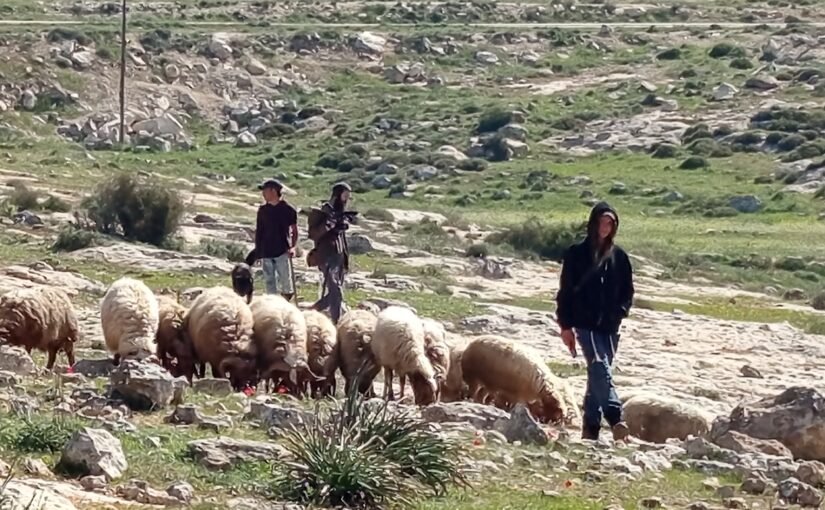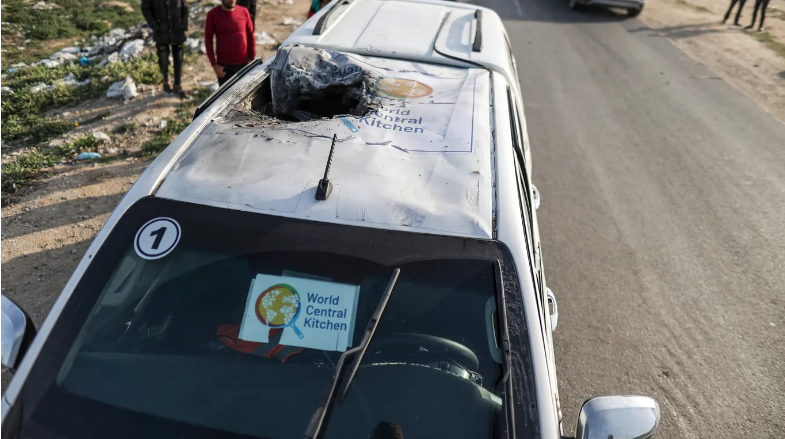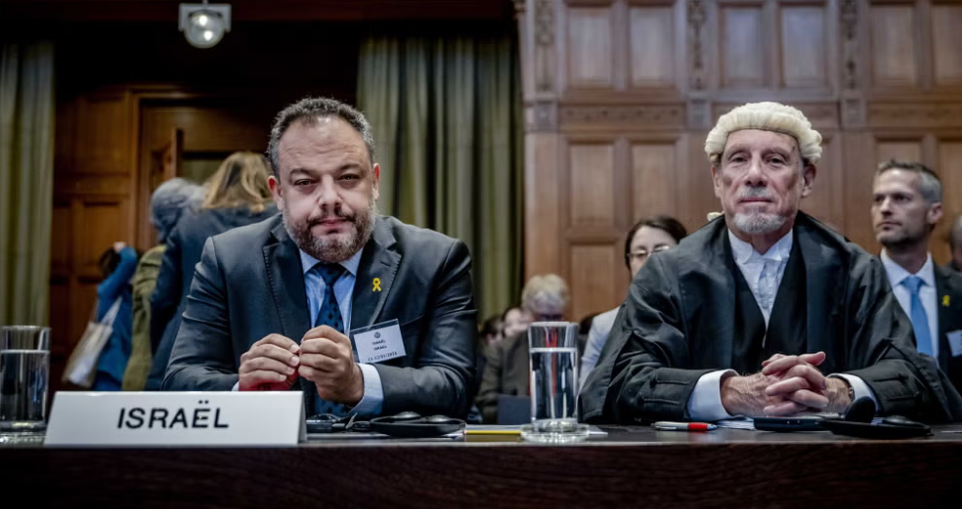Tag: Ethnic Cleansing
-

Ethnic cleansing in Masafer Yatta: a focus on Susiya
Susiya, Masafer Yatta In 1986, Israeli Occupation Forces expropriated the land of the Palestinian village of Susiya and expelled the Palestinian residents under the pretext of archaeological remnants of a synagogue, and handed it over to the residents of the illegal Zionist settlement established 3 years previously (the settlement is named “Susya”). In the remaining…
-

Occupation Forces Targeted Series of Strikes Kills 7 Aid Workers in Gaza
02 April 2024 | International Solidarity Movement | Deir al Balah, Gaza Following the offloading of a desperately needed 100+ tons of humanitarian aid into a Deir al Balah aid storage warehouse, a seven-person, three-vehicle World Central Kitchen convoy was traveling a deconflicted coastal road when the first Israeli army targeted strike…
-

ICJ Day 2: Dismantling Israel’s Defense on Genocide Charge
12 January 2024 | International Solidarity Movement | The Hague, Netherlands One day after a chilling presentation by South Africa’s legal team, constructing a sweeping case against Israel for genocidal intent and acts amounting to genocide of the Palestinian population in Gaza, Israel took its place before the 15 judge panel to try…
